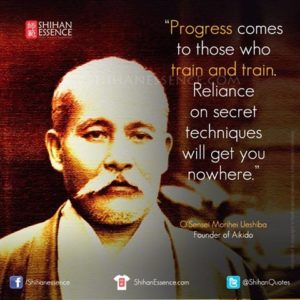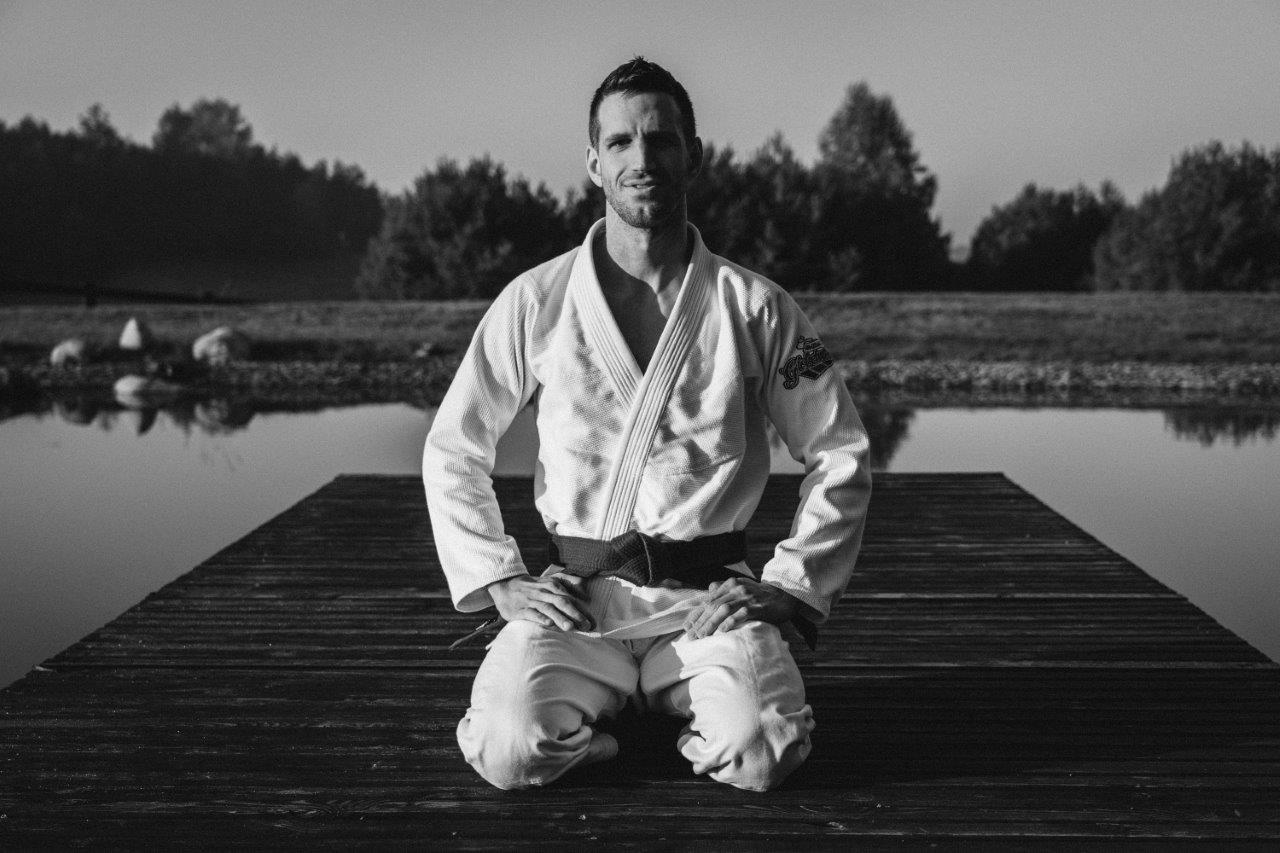Judo, More Than Just an Hour of Sport
Blog by Sebastiaan Fransen, 5th dan Judo
It might seem simple: your child is overweight, lacks confidence, or struggles to manage their energy. You enroll them in judo, expecting an instant fix. Once a week in the dojo, a bit of playful wrestling, and soon enough your child’s weight normalizes, confidence skyrockets, and their focus improves. You pay the fees monthly, drop them off weekly, and relax with a coffee in the cafeteria. Right?
Judo as a Remedy
Increasingly, parents, doctors, and educators recognize the benefits of judo. Organizations like the Judo Bond Nederland and initiatives like Schooljudo.nl support this by offering specialized training for judo teachers in healthcare settings.
What is judo?
“Judo is the path toward the most effective use of physical and mental strength. Through training in attack and defense, we strengthen and refine both body and mind. The ultimate aim of practicing judo is self-perfection and contributing positively to the world by doing what is right.”
— Jigorō Kanō (translated by Loek van Kooten)
Judo, used effectively, focuses less on competition and more on holistic development. Through controlled wrestling, children improve physical fitness, resilience, self-defense skills, respect, and self-control—valuable traits in today’s less active society.
The Role of the Judo Teacher
A modern judo teacher is not just an instructor but also a mentor and coach. Their role extends beyond teaching throws and holds; they impart principles that encourage conscious living and optimize physical and mental development.
Differentiated coaching is crucial. A child struggling with weight might require modified exercises to prevent injury. An insecure child may need social exercises to build confidence, while an energetic child benefits from intense physical activity to practice self-control. Effective teaching adapts to each child’s individual needs.
No Quick Fixes for Lasting Results
J
Judo isn’t a quick fix; you won’t see lasting improvements after just a few sessions. True, initial benefits can be rapid, but sustained growth demands long-term commitment.
Multiple training sessions per week, along with intrinsic motivation, help significantly. Yet even committed teachers, who willingly invest extra time outside class, have limited hours for individualized attention. The wider community and especially families also play vital roles in nurturing lasting change.
The Essential Role of Parents and the Environment
A judo teacher typically sees a child once or twice weekly. Most of the child’s development occurs outside these hours. Effective judo practice relies heavily on parental and environmental support.
Consistent encouragement, healthy eating, active lifestyles, and positive reinforcement at home significantly amplify judo’s benefits. Without these, gains in self-confidence, weight management, and behavioral improvements become limited.
Parents, caregivers, and the wider environment must actively support children’s physical, emotional, and mental well-being. A skilled judo instructor can help guide families, providing tools to foster a child’s growth holistically.
Judo is Not Netflix

— O’Sensei Morihei Ueshiba
Unlike passively consuming entertainment, judo demands active participation. To truly benefit from judo, children must engage proactively, supported by their family and community, with guidance from dedicated instructors.
Personally, judo has significantly improved my motor skills, confidence, and emotional resilience. Every fall taught me resilience and reinforced that perseverance leads to progress.
Not an Easy Path
Judo isn’t easy. Developing body and mind requires more than occasional practice. It’s not passive consumption but active engagement and lifelong commitment.
Yet, the rewards justify the effort. Judo’s inherent principles and values offer immense benefits, enriching the lives of both children and adults. The more actively and consistently we engage, the deeper our understanding and growth become.
“Where there is effort, there is fulfillment.”
— Jigorō Kanō
Judo provides invaluable skills—like fall prevention, increased confidence, enhanced motor skills, and emotional resilience. Achieving these benefits requires intrinsic motivation, a committed teacher, and strong support from parents and community. In return, judo offers lifelong advantages.
Special thanks to Ron van Raaphorst (www.meerdanjudo.nl) for suggesting the topic for this blog.
